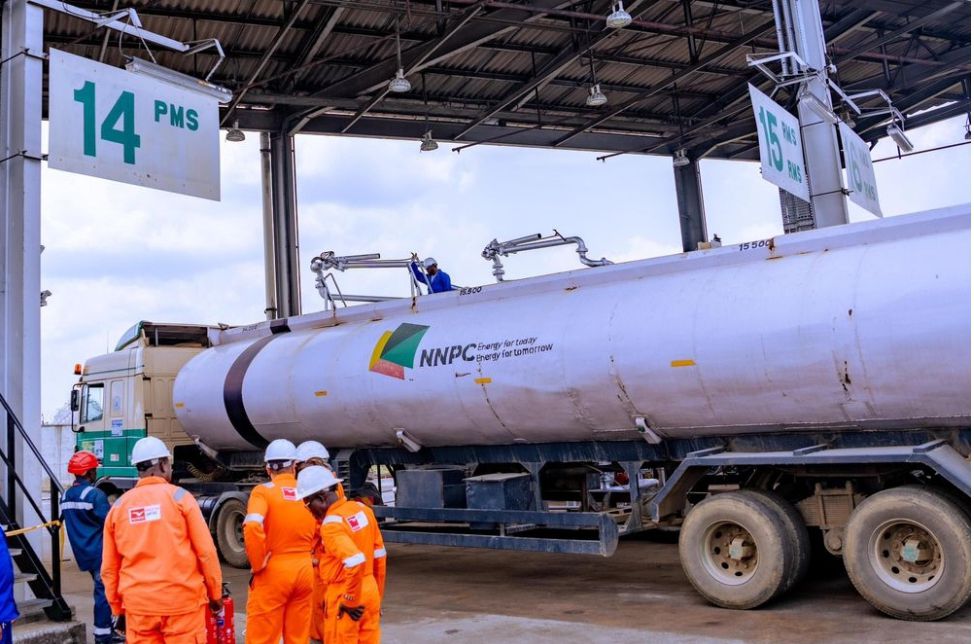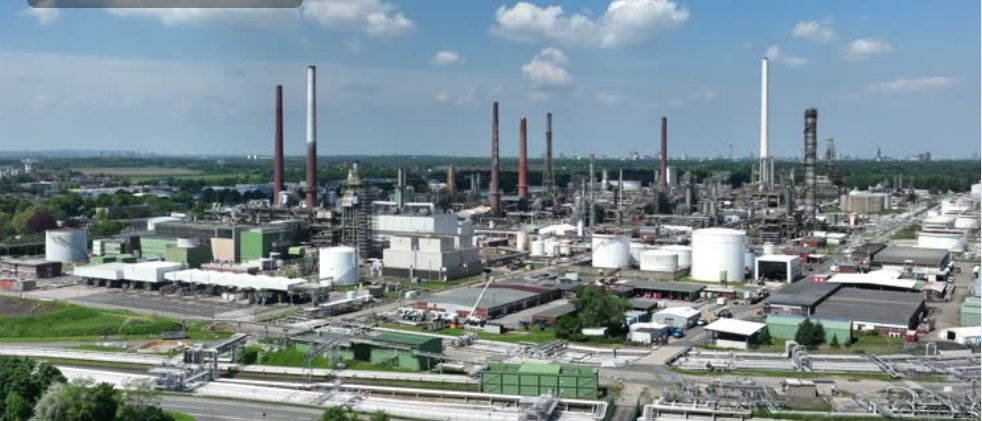By: Enobong Ukpong

The Port Harcourt refinery, one of Nigeria’s largest refineries, coming back on board will have significant implications for the country’s economy, energy sector, and citizens. Let’s look at some of the key implications
ECONOMIC IMPLICATIONS
1. Increased Local Refining Capacity: With the refinery coming back online, Nigeria’s local refining capacity will increase, reducing reliance on imported petroleum products.
2. Job Creation: The refinery’s reopening will create employment opportunities for Nigerians, both directly and indirectly, in the oil and gas sector.
3.Economic Growth: The increased refining capacity will contribute to Nigeria’s economic growth, as the country will be able to meet more of its domestic fuel demands.
ENERGY SECTOR IMPLICATIONS

1. Improved Fuel Supply: The refinery’s restart will increase the availability of petroleum products, such as petrol, diesel, and kerosene, in the country.
2. Reduced Fuel Imports: With increased local refining capacity, Nigeria will reduce its dependence on imported fuel, saving foreign exchange and reducing the pressure on the naira.
3. Increased Energy Security: The refinery’s reopening will enhance Nigeria’s energy security by providing a reliable source of fuel for the country.
SOCIAL IMPLICATIONS
1. Reduced Fuel Prices: The increased refining capacity may lead to a reduction in fuel prices, as the country will be less reliant on imported fuel.
2. Improved Standard of Living: The refinery’s restart will contribute to an improvement in the standard of living for Nigerians, as they will have access to more affordable fuel and energy.
3. Environmental Benefits: The refinery’s reopening may also lead to a reduction in environmental pollution, as the country will be able to refine its own crude oil, reducing the need for imported fuel.

However, it’s essential to note that the refinery’s restart also comes with some challenges, such as:
1. The need for significant investment to upgrade and maintain the refinery.
2. The risk of accidents and environmental pollution associated with refining activities.
3. The potential for corruption and mismanagement of the refinery’s operations, this can take back the sector to the former condition.
CONCLUSION

Overall, the Port Harcourt refinery coming back on board will bring significant implications for Nigeria’s economy, energy sector, and citizens.
While there are challenges associated with the refinery’s resumption, the benefits of increased local refining capacity, job creation, and improved energy security will make it a positive development for the country.
I’m drawing my assertion from my knowledge in Economics studies.
#StaywithGlobaltrust.ng for more stories.





